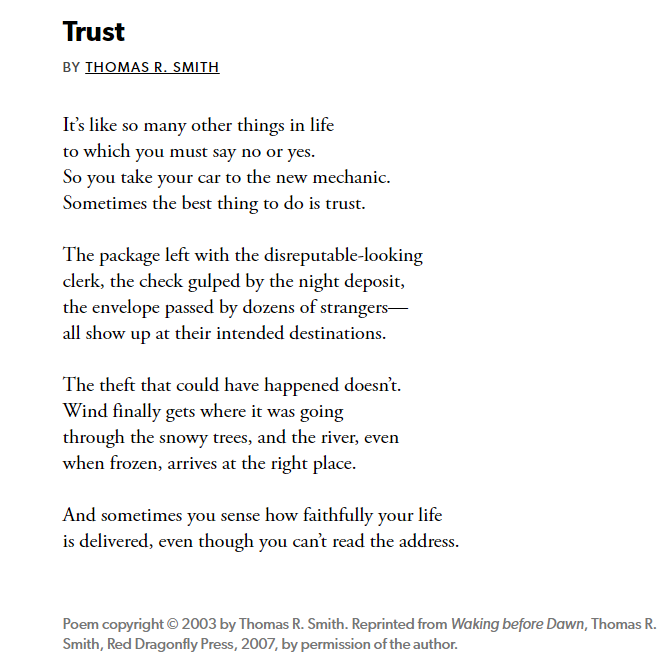I am in a Zoom meeting with my student peer mentor, let’s call her Elizabeth. It is the heart of the pandemic. The campus has been closed for what feels like going on forever. At this point, I can hardly remember what it was like to hear the bustling of students in the quad. The rustling of backpacks as the students hit pavement hard pounding with quick footsteps towards their next class, the running into a colleague or friend to hash things out on the fly, even the presence of someone’s silence as they lounged on a bench or under a tree reading. Elizabeth and I are having our weekly check-in to brainstorm upcoming projects to better connect with the student body. That last few workshops have not been attended well. A smattering of 5 to 10 students with a cohort of 1,000. I remember jumping for joy at one particular workshop when we just broke 20 attendees, not all of them were students. Elizabeth is wicked smart; and as someone who is a student she has a keen eye and understanding of the student body. She tells me her friends and classmates are lethargic, fog brained, and at times unwilling to get out of bed. She wants to find a means to provide people with some much-needed endorphins. She suggests yoga and meditation.
“So, I’m thinking,” she says in a way that suggests some great anticipation, “I can lead a yoga session through zoom with some guided meditation. We can invite all the students to participate. We could do multiple sessions for the non-early birds.” I can tell she is excited by the way she glides her hands across the screen gesturing the emphasize her words. She, by all means, encompasses the word leader, but I, as I listen, am in the heart of fear. While there hasn’t been an incident of Zoom bombing, the act of aggressive disruption to negatively impact those in attendance of an online live space, for quite some time – I was spinning. The whole student body you say? I hadn’t even bothered to ask if she had done yoga regularly or had practiced meditation techniques on hand. I had shut down the thought immediately. I wasn’t trusting her, let alone the student body to participate. While it came out of protection, it was rooted in fear. That conversation is sitting with me this week as I think about the libraries and their librarians who are choosing to live in radical trust.
I am thinking about the Gwinnet County Public Library who decided to implement a pilot series called Open+ that allowed patrons, for as little as a onetime $5 dollar fee, to have access to the library during non-business hours. Meaning, no librarian or staff worker present. Simply, the books and the patrons. To tell you when I discovered this, it seemed to fly in the face of everything that I was told about safety. The worse case scenarios of what if questions were all I could think about. My God, the danger! My God, the liability! But as you’ve probably guessed, since they’ve initiated the program there has been no major incidences. While no one is being fool hearty, there are security measures in place, there is still a sense of trusting the patrons to conduct themselves appropriately.
This is not the only instance of radical trust. The Madison Public Library conducted a new initiative called the Library Takeover Event which allowed 3 groups of patrons to conduct their own programming through assistance of library resources. As one librarian put it, “It was kind of scary to trust that we didn’t know what was going on all the time.” (Providing Resources). And I think that is where the issue lies. We assume in part that we must have the most control in order to provide the best service and somewhere in there is also an arrogance of assuming we know what is best for our patrons. To know better than our patron’s needs than they know themselves. For me, this is a reminder to Trust. To believe in humanity. To say the good will outweigh the stumbles. Because if we choose to live in trust then all we can imagine is just a moments reach from our touch.

– Cesar
@cesar Your concept of radical trust builds on community trust that most of us practice daily (and Smith’s poem speaks to so brilliantly). Just the other day I was relishing in the comfort that I can walk down the street, enter a building filled with books and materials I might like to know, grab a few, let someone know–“I’m gonna take these for a few weeks and then I’ll bring them back”–and that’s it. I recognize that libraries are becoming increasingly hyperlinked, networked, digital, and non-book-centric, but damn, I love the simple trust involved in a traditional library transaction. In a world where things are increasingly marketed, monetized for profit, protected, hoarded, or offered as scams, it is so refreshing to participate in community trust. Your description of radical trust seems like an extension of this, and libraries are surely leaning into this concept as well.
@creyesreads This: “We assume in part that we must have the most control in order to provide the best service and somewhere in there is also an arrogance of assuming we know what is best for our patrons.”
Absolutely! I grew up with this mindset all around me during my PL career. I don’t think it works anymore (and did it ever work then?)…
Cesar, appreciate the inclusion of the poem “Trust” at the end.
@brisur523 also just wrote about the concept of Radical Trust in a blog post!